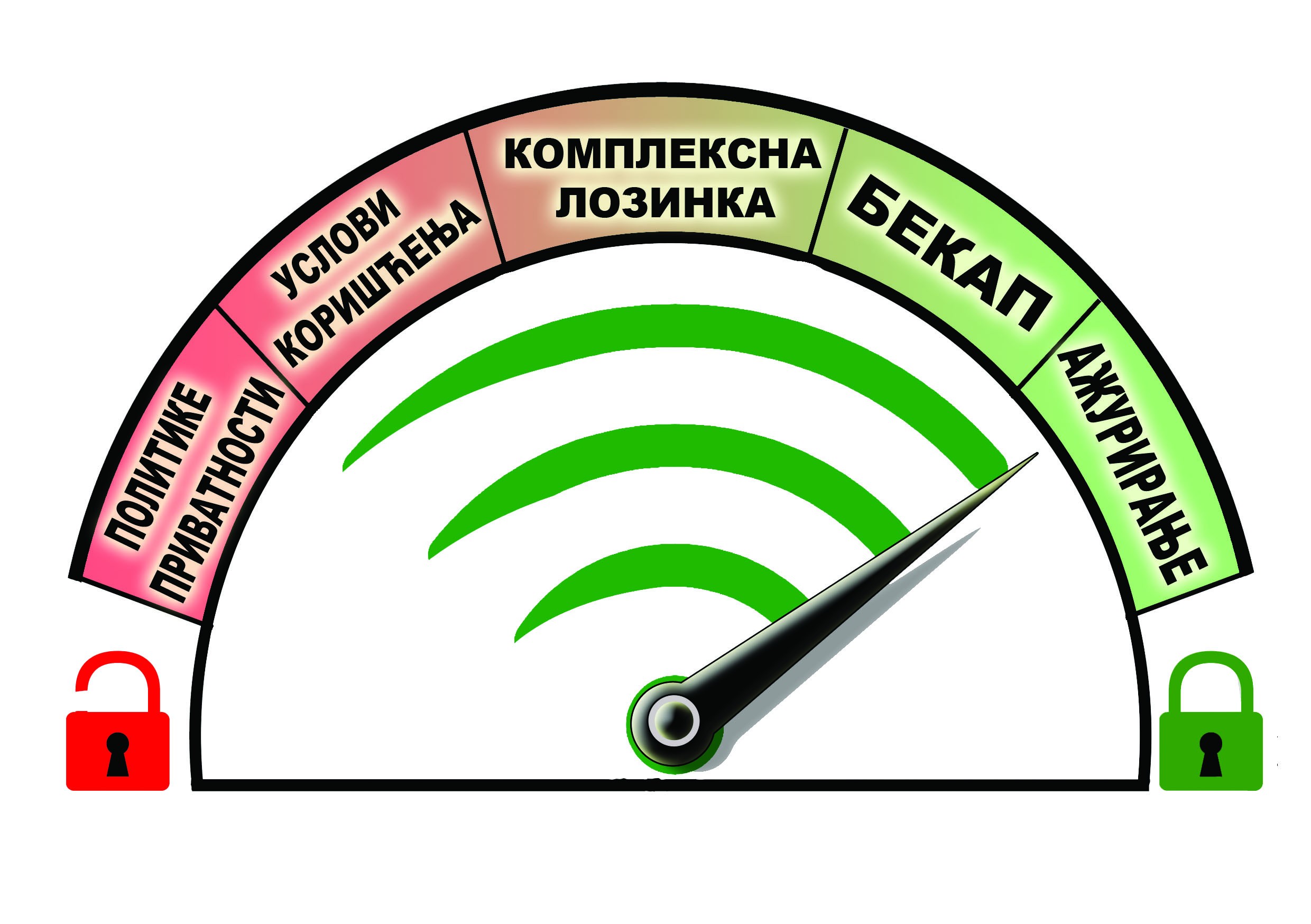
Each year, at the end of January, an event titled ‘’Data Privacy Week’’ is celebrated, with an aim to raise awareness and build knowledge of citizens about the importance of personal data protection.
More and more online services and applications require from users to enter their personal data such as name and family name, unique citizen’s number, credit card number, approval to access other services or data on the device and similar, therefore it is very important to select your options wisely in order to keep your data safe from misuse and theft.
Some of the basic recommendations for online privacy protection are:
- Creation of complex, impenetrable passwords;
- Separate password for each separate account;
- Multi-factor authentication;
- Use of password storage apps;
- When choosing an online service or app, creating a social network account or purchasing a new device, users should make sure to read the terms of use and the privacy policy, so as to set the desired level of personal data sharing. An appropriate user’s selection should be based on the principle: ‘I share as little as possible’’, instead of the more frequent: ‘’I share it all because I have nothing to hide’’.
- Users are advised to be extremely vigilant when installing new apps. During the installation, subscribers are often asked to agree on allowing access to the phone directory, SMS messages, microphone, camera, documents or geo-location, even if the new application does not really need them (for example, interior design app requiring access to the phone directory). In such instances, it is perhaps wiser to assess whether disclosing some of the personal data is really necessary and worth the effort of installing the app.
Considering that users’ personal data get frequently targeted by hackers, the need to protect these data gains even more importance. If a personal data theft still occurs, the misuse of stolen information may result in a set of unwanted consequences, some of which, such as identity theft, can be very serious.